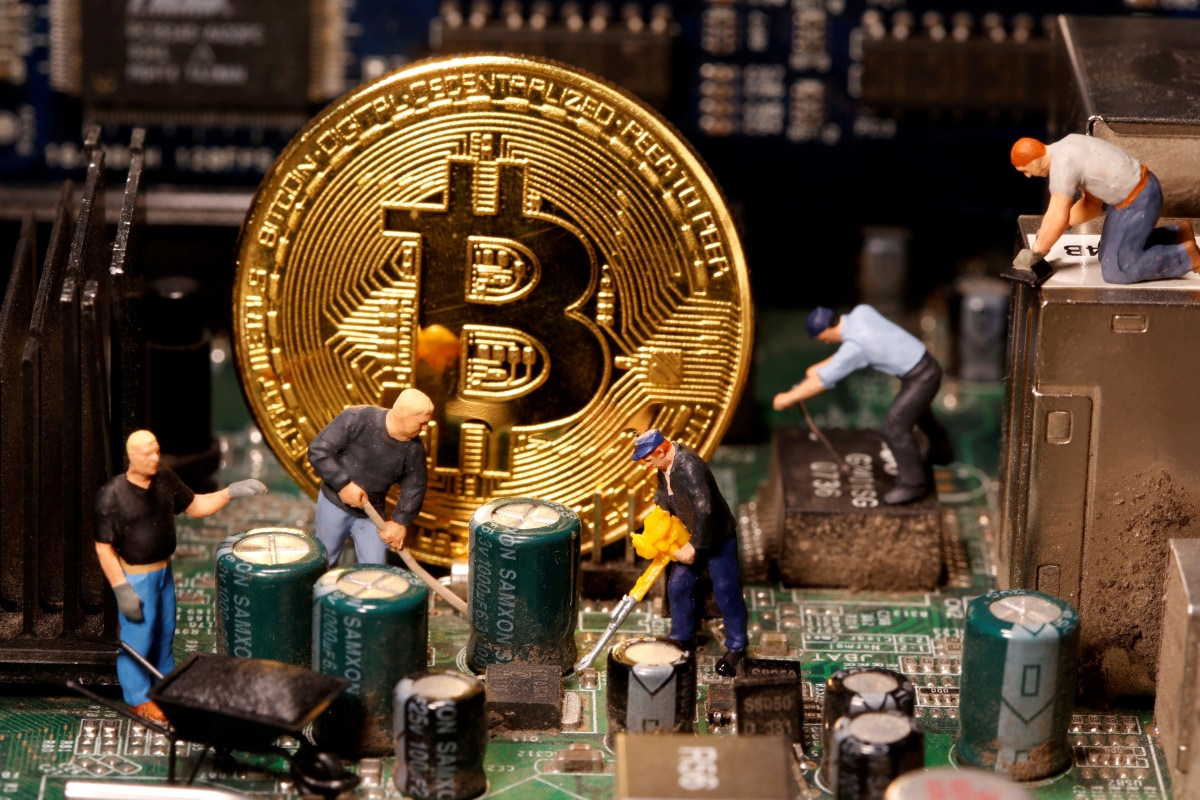
Humans historically have shown a strong willingness to store their money in assets not controlled by governments and authorities, said Marion Laboure, a senior economist and market strategist at Deutsche Bank. Therefore, Laboure said she could see Bitcoin “as a kind of digital gold” where people can store their value as well. If Bitcoin is sometimes called “digital gold”, Ethereum would then be the “digital silver”, she added.
Speaking of volatility, Laboure said that gold, at one point in time, was also volatile. Then she quickly added a word of caution. It is important to keep in mind that Bitcoin is risky, she said, adding that it is too volatile to be a reliable store of value today. Laboure further said that she “expects it to remain ultra-volatile in the foreseeable future”.
In an elaborate Q&A published on DB.com, Laboure explained why she thinks Bitcoin price will remain “ultra-volatile”. The first reason for the volatility, according to her, is that about two-thirds of Bitcoins are used for investments and speculation. “Second, due to its limited tradability, just a few additional large purchases or market exits can significantly impact the supply-demand equilibrium,” she added. The third reason, she explained, is that the value of the world’s oldest cryptocurrency will continue to rise and fall depending on what people believe it is worth. “Small changes in investors’ overall perceptions about Bitcoin can have a large impact on its price,” she said.
While there might be several issues concerning the world of cryptocurrencies, Laboure sees the lack of regulation as the most significant one. Besides, the senior economist said that the damage it causes to the environment is huge. Citing numbers, Laboure said that Bitcon’s annual electricity consumption is around the same as a country with the population size of Pakistan.
Laboure, however, doesn’t imagine any other cryptocurrency making it as big as Bitcoin. The reason? “Network effect,” she said, adding that Bitcoin exploited the first-mover advantage.




















